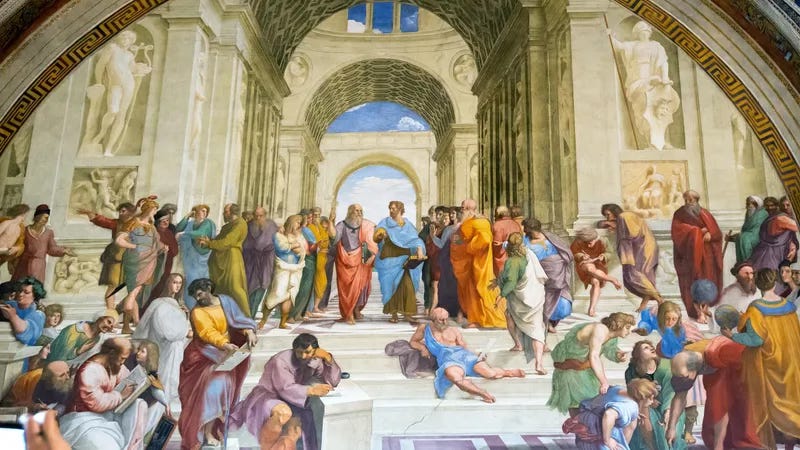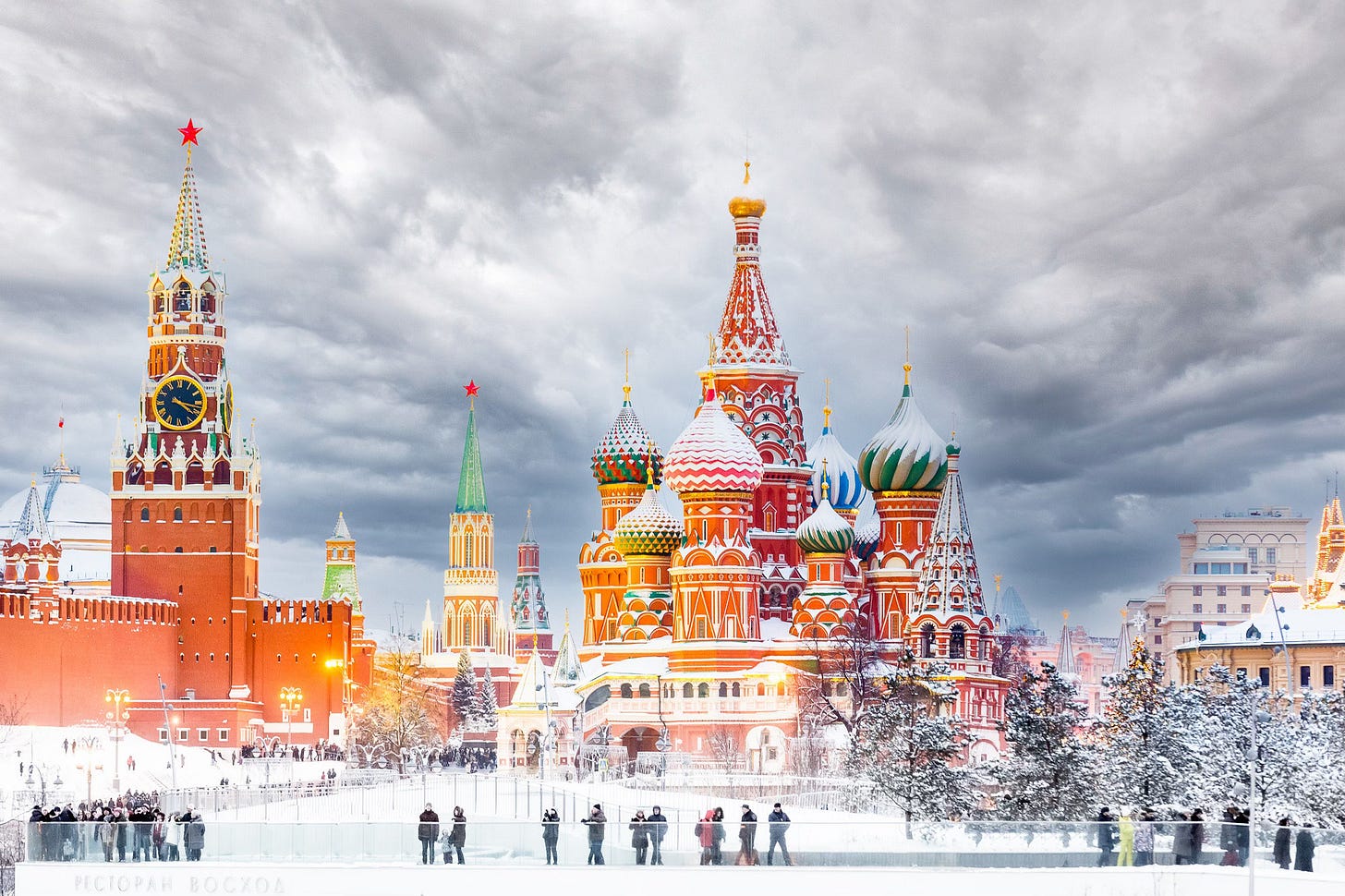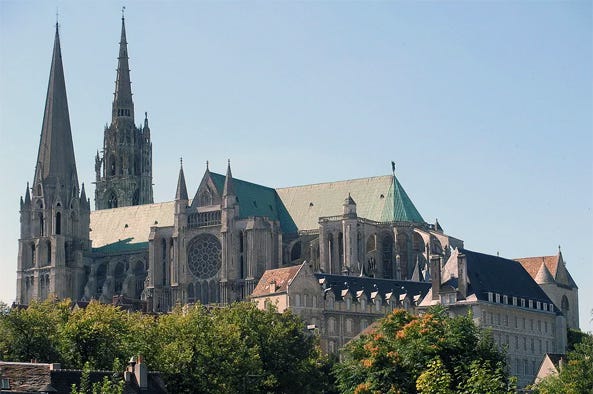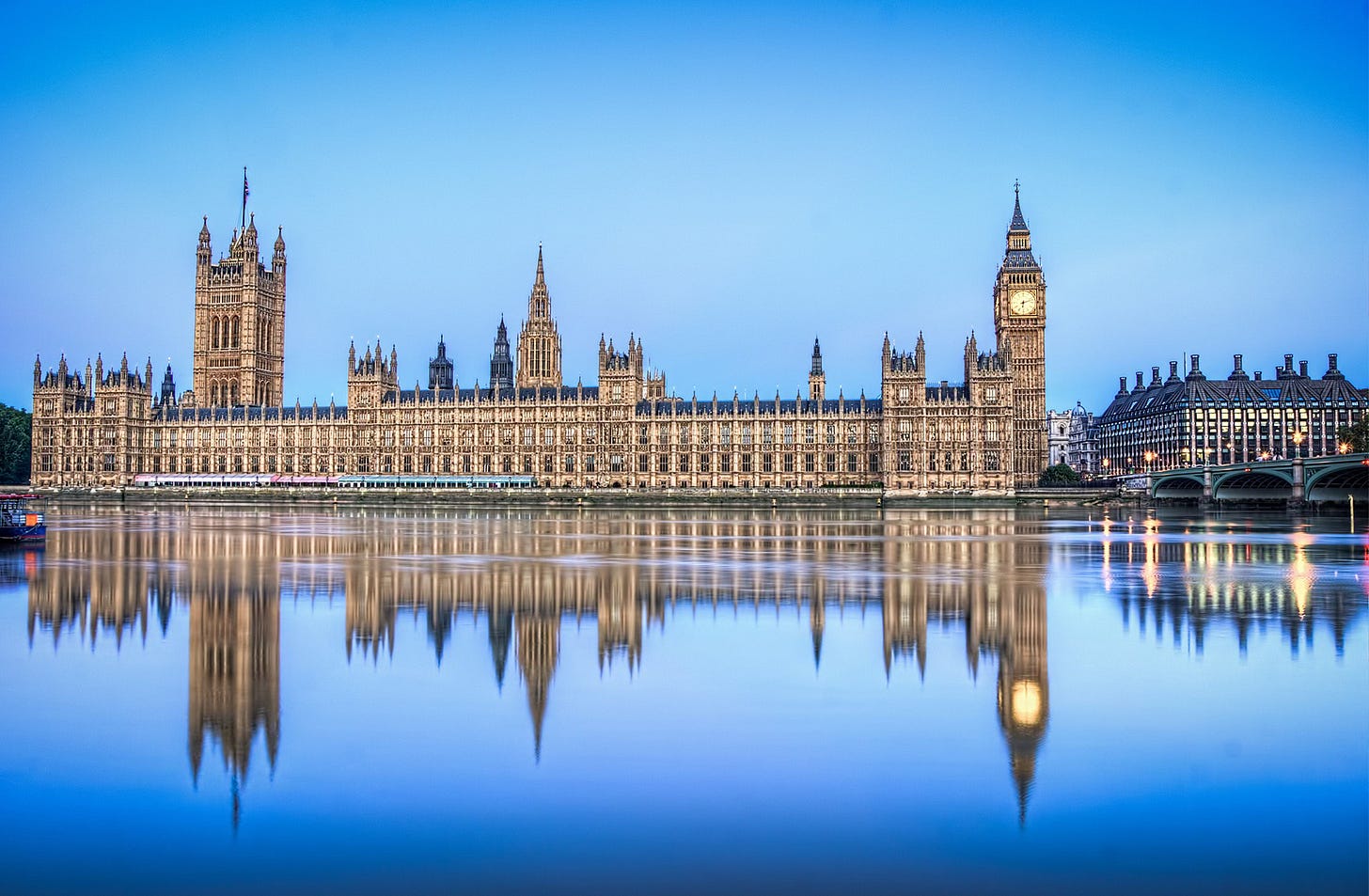The West Exists
What the Chinese know and Kwame Anthony Appiah Doesn't
On the cosmopolitan left, it is fashionable to hold that the West doesn’t exist and we should call “time” on the very notion of Western civilisation.
Take, for example, the Anglo-American philosopher and public intellectual, Kwame Anthony Appiah, who was invited to give the BBC’s Reith Lectures in 2016. In his final lecture, delivered on 12 November, Appiah argued that the West is not essentially Christian, since even medieval Christendom drew many of its ideas from pagan Greece and Rome. And it isn’t even essentially Greek or Roman, since it shares its classical inheritance with the Islamic world. Europe only rediscovered Aristotle in the 13th century thanks to translations of the works of the Muslim philosopher Ibn Rushd.
“The West” is an invention of Cold War propaganda, which flattered us with the narrative that western culture is, at its core, democratic, progressive, rational and scientific. “Never mind”, says Appiah, “that pre-modern Europe was none of these things”.
Indeed, even in the 1780s the inheritance of Athenian liberty and Anglo-Saxon freedom didn’t prevent the United States creating a slave republic. And within living memory Spain, at the geographical heart of the West, resisted liberal democracy long after it had taken off in India and Japan in “the East”, the alleged home of “oriental despotism”.
If Appiah is correct, however, the Chinese state is pouring good money after bad. The day after his Reith lecture, the sixth annual Beijing-funded conference between the Shanghai Academy of Social Sciences and the British Bible Society opened at an island resort in the middle of the Yangtze river.
Why? Because the Chinese are keen to understand the West and its success, and they think that Christianity has something important to do with it. They perceive that western civilisation has enduring characteristics to which Christianity has made a signal contribution. They recognise that the bundle of these characteristics is quite distinct from China’s traditional civilisation and modern communist culture. And they reckon that some western features could be well worth adopting.
But if Appiah is correct, the Chinese are on a hiding to nothing. Is he? Or are they?
It is true that concept of the West is crude, drawing exaggerated contrasts between Christendom and the Islamic world in the medieval period, between imperial Europe and Asia in the 19th century, between liberal democracies and the Soviet empire last century, and between the North Atlantic and the “global South” now.
It’s also true that western civilisation has found much to admire in other cultures and has borrowed liberally from them — not only Aristotle but algebra from the Islamic world, cuisine from India, paper and gunpowder from China, and fine arts from Japan. And natives of one culture can grasp and appropriate ideas from a foreign source. Indeed, Africans and Asians are sometimes better humanists than contemporary westerners, most of whom know more about Beyoncé and Burger King than they do about Aquinas and Kant.
As Appiah says, “No Muslim essence stops the inhabitants of Dar al-Islam from taking up anything from western civilisation, including Christianity or democracy. No western essence is there to stop a New Yorker of any ancestry taking up Islam”.
Truth, goodness, and beauty surely transcend time and place; no one culture has a monopoly of wisdom. Nevertheless, some values are more at home in one culture than another, more deeply embedded in its traditions of thought and enshrined in its law and institutions. The primacy of the individual over the state is more entrenched in those western cultures shaped by Christianity than in those eastern ones shaped by Confucianism.
Appiah goes too far in blurring the distinction between “the West” and “the Rest”, because he is excessive in hardening the distinction between modernity and what preceded it. To say that pre-modern, Christian Europe knew nothing of individuality, democracy, political liberty, rationality, or empirical science is nonsense.
As Larry Siedentop and Nick Spencer have shown in their books — respectively, Inventing the Individual and The Evolution of the West — the very idea of the individual and its prominence in the West stems from the Christian notion of the prophet called by God to stand up for justice and so out from the surrounding mass. And the concept of a natural right attaching to the individual was first developed by 13th-century canon lawyers, not 17th-century philosophers.
Regarding political liberty, Christianity’s origins on the wrong side of the social tracks developed into an institutional stand-off between church and state in the West, which created space for a flourishing civil society generally lacking in the Islamic world. And the germ of democratic accountability lies in late medieval attempts to curb the power of an absolutist papacy by lodging supreme authority in a council — effectively a parliament — of the whole church.
As for rationality, no one acquainted with the intellectual rigour of Scholastic philosophy and theology can suppose that pre-modern Christendom was a stranger to reason. And it was 14th-century theologians who pushed natural science in an empirical direction by affirming the biblical contingency of the created world against Aristotelian necessity – for what could have been other than it is, can only be known by observation, not speculation.
Appiah is wrong: the West does exist. Like every civilisation, it borrows from others, but it retains a distinctive character. What western cosmopolitans are busy rubbishing, the Chinese see clearly.






I would take issue with this character's assertion that there is nothing in Islam to stop an Muslim from embracing Christianity. I think Muslim background believers in Africa and the Middle East show that that is not so. Believers are regularly murdered, tortured, kidnapped, burnt and imprisoned. A short glance at any Muslim country shows that.
As for the Chinese-maybe they could ask their own Chinese Christians and they could tell the authorities about how different their faith is. But wait they are persecuted, imprisoned, tortured, treated as second class citizens and forced to preach the party line and that's just for starters. I sure hope the British bible society is less woke than the Australian one. I wouldn't trust them to run a chook raffle, let alone inform the CCP about Christianity.
Foreign missionaries are not allowed to evangelise from May 1st. How is the bible society going to inform the CCP about Christianity?